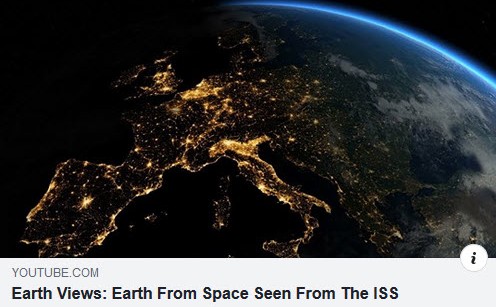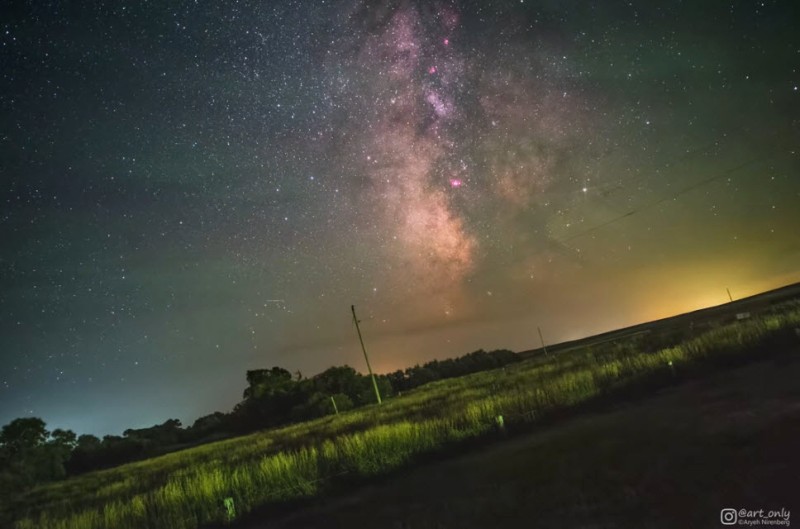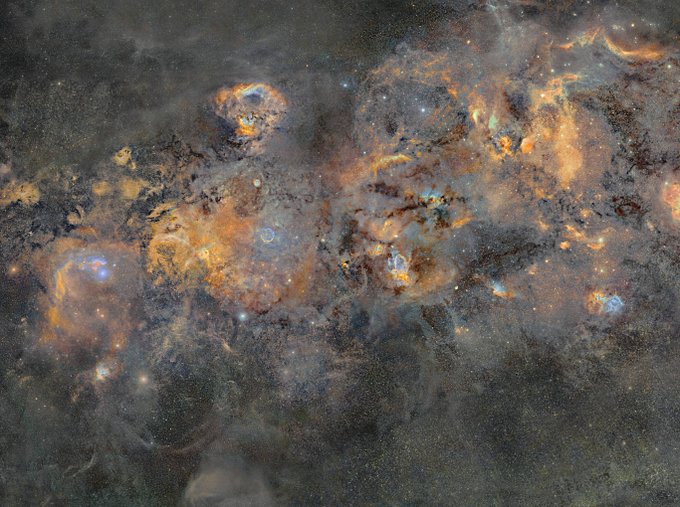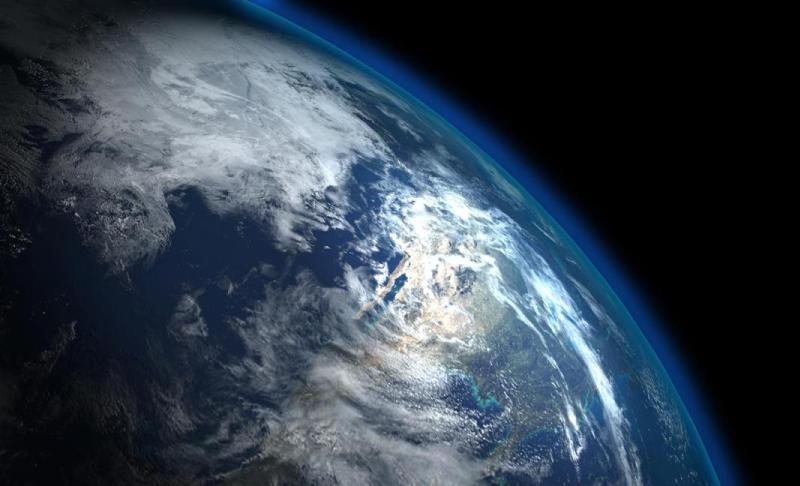Earth from NASA: Difference between revisions
Siterunner (talk | contribs) No edit summary |
Siterunner (talk | contribs) No edit summary |
||
| (8 intermediate revisions by the same user not shown) | |||
| Line 10: | Line 10: | ||
NASA's original "Mission Statement" in 1958 spoke of the goal of studying Planet Earth for the benefit of all humanity. Today's mission statement highlights “advances in science, technology, aeronautics, and space exploration to enhance knowledge, education, innovation, economic vitality and stewardship of Earth.” An era of earth science missions beginning in the 1960's have created a [https://www.greenpolicy360.net/w/Category:Earth_Observations new vision and 'planetary awareness']. [https://www.greenpolicy360.net/w/Planet_Citizens,_Planet_Scientists Planet Citizens, Planet Scientists] continue to this day developing new Earth System Science from space and gathering critical data for environmental protection. | |||
'''NASA earth LiveStream viewing from the ISS:''' | |||
* https://www.youtube.com/watch?v=DDU-rZs-Ic4 | |||
* https://www.youtube.com/watch?v=EEIk7gwjgIM | |||
* https://www.youtube.com/watch?v=XBPjVzSoepo | |||
'''UStream HDEV cameras aboard the ISS:''' | |||
* http://www.ustream.tv/channel/live-iss-stream | |||
* http://www.ustream.tv/channel/iss-hdev-payload | |||
International Space Station orbits are approximately 90 minutes. With a 90 minute orbit and 24 hour day, the ISS circles the Earth 16 times a day -- 16 sunrises and 16 sunsets each 'orbital day'. | |||
The ISS passes from periods of night to day every 45 minutes. Depending on the channel you are watching, if live video is unavailable during periods of darkness, other pre-recorded footage may be shown until live transmission resumes when the space station returns to daylight. | |||
Each video channel continuously goes through on/off periods of testing, upgrading and maintenance. | |||
NASA ISS live streaming is courtesy of www.nasa.gov and its partners. | |||
* https://spaceofficial.com | |||
··················································· | |||
From Planet Citizen Aryeh Nirenberg | |||
https:// | [https://www.youtube.com/watch?v=1zJ9FnQXmJI Watch Earth's Rotation Visualized in a Timelapse of the Milky Way Galaxy] | ||
[[File:Earths rotation as we roll thru space.jpg|link=https://www.youtube.com/watch?v=1zJ9FnQXmJI]] | |||
From Planet Citizen JP Metsavainio | |||
[https://www.greenpolicy360.net/w/File:The_Milky_Way.jpg The Milky Way, our Island in Space] | |||
[[File:The Milky Way.jpg]] | |||
| Line 97: | Line 107: | ||
[[Category:Education]] | [[Category:Education]] | ||
[[Category:Environmental Full-cost Accounting]] | [[Category:Environmental Full-cost Accounting]] | ||
[[Category:Environmental Protection]] | |||
[[Category:Environmental Security]] | [[Category:Environmental Security]] | ||
[[Category:Environmental Security, National Security]] | [[Category:Environmental Security, National Security]] | ||
Revision as of 17:50, 28 March 2021
Watching Planet Earth Roll Thru Space
Earth viewing from the International Space Station
NASA's original "Mission Statement" in 1958 spoke of the goal of studying Planet Earth for the benefit of all humanity. Today's mission statement highlights “advances in science, technology, aeronautics, and space exploration to enhance knowledge, education, innovation, economic vitality and stewardship of Earth.” An era of earth science missions beginning in the 1960's have created a new vision and 'planetary awareness'. Planet Citizens, Planet Scientists continue to this day developing new Earth System Science from space and gathering critical data for environmental protection.
NASA earth LiveStream viewing from the ISS:
UStream HDEV cameras aboard the ISS:
International Space Station orbits are approximately 90 minutes. With a 90 minute orbit and 24 hour day, the ISS circles the Earth 16 times a day -- 16 sunrises and 16 sunsets each 'orbital day'.
The ISS passes from periods of night to day every 45 minutes. Depending on the channel you are watching, if live video is unavailable during periods of darkness, other pre-recorded footage may be shown until live transmission resumes when the space station returns to daylight.
Each video channel continuously goes through on/off periods of testing, upgrading and maintenance.
NASA ISS live streaming is courtesy of www.nasa.gov and its partners.
···················································
From Planet Citizen Aryeh Nirenberg
Watch Earth's Rotation Visualized in a Timelapse of the Milky Way Galaxy
From Planet Citizen JP Metsavainio
The Milky Way, our Island in Space
Planet Citizens, Planet Scientists
Our Time Is Now
#Earth360 | #EarthMonitoring |
#EarthObservations | #EarthScience
○
- Climate Change
- Climate Policy
- Digital Citizen
- Earth360
- Earth Imaging
- Earth Law
- Earth Observations
- Earth Science
- Earth Science from Space
- Earth System Science
- Eco-nomics
- Ecology Studies
- Ecoregions
- Education
- Environmental Full-cost Accounting
- Environmental Protection
- Environmental Security
- Environmental Security, National Security
- EOS eco Operating System
- ESA
- Externalities
- Fisheries
- Forests
- Food-Related Policies
- Global Security
- Global Warming
- ISS
- Land Ethic
- Maps
- NASA
- Natural Resources
- New Definitions of National Security
- New Space
- Oceans
- Ocean Ecosystem
- Ocean Science
- Ocean Sustainability
- Planet Citizen
- Planet Citizens
- Planet Scientist
- Planet Citizens, Planet Scientists
- Sea-Level Rise & Mitigation
- Solar Energy
- Strategic Demands
- Sustainability
- Sustainability Policies
- ThinBlueLayer
- Threat Multiplier
- US Environmental Protection Agency
- Whole Earth
- World Wide Web
- Atmospheric Science
- Biogeosciences
- Cryosphere
- Geophysics and Geochemistry
- Mineralogy
- Geology
- Geophysics
- Hydrology
- Planetary Science
- Space Science and Space Physics



